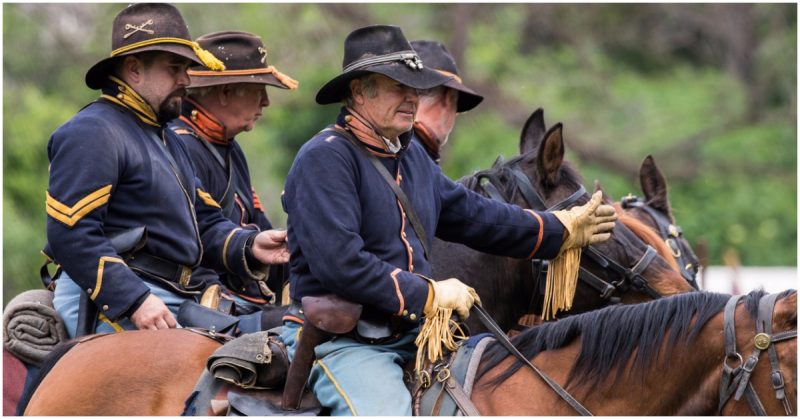By the beginning of the American Civil War, the United States was a little more than 50 years of age. They had started to develop relationships with all the major powers in Europe and the rest of the world.
It was evident both sides wished to gain the support of specific major powers, to enable them to take advantage of both military and financial assistance.
However, each nation remained “officially neutral” throughout the entirety of the war (although most favored one or the other). Some did not go as far as recognizing the Confederacy as a real country, but rather saw the South as an organized rebellion.
In fact, the Union told all the European countries if they recognized the Confederacy’s legitimacy, it was equal to declaring war against the Union. This neutrality for the most part, however, did not keep European countries from participating in various ways.
Great Britain
At one point, France tried to persuade Britain to recognize the Confederacy, and in many respects, it would have made sense.
Great Britain relied heavily on the South for its cotton, to power its textile factories. However, the British had large quantities piled up to last through an extended stall in shipments.
They were worried, though. If Britain recognized the Confederacy and therefore the Union was against them, they may lose Canada. Also, the Union would harm British merchant ships and possibly cut off supplies of American-produced food products.
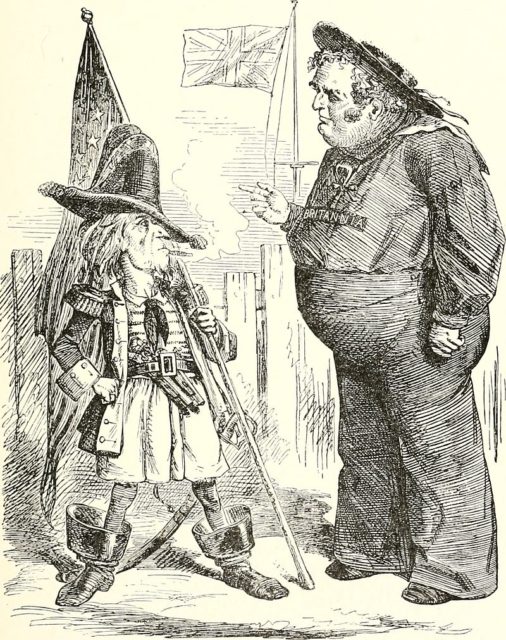
For these reasons, Great Britain remained neutral and was able to work out a deal for continuous trade with both sides. However, trade with the Confederacy fell by 90 percent after the beginning of the war. Only a little cotton was able to get to England, and a few munitions made it to Confederacy ports.
One controversy that occurred between the Union and Great Britain was the building of Confederacy warships at a British shipyard. The Union was very opposed to this, and after the war, they received $15.5 million in arbitration for the damage caused by the two warships.
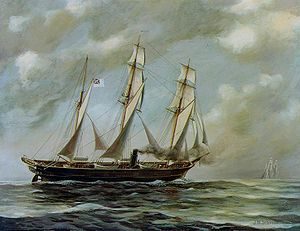
Another controversy occurred in 1861. Two Confederate diplomats, who were traveling to Europe to represent foreign interests, went to the Caribbean where they could hop aboard a ship bound for England and France.
Meanwhile, a Union ship was in the area, looking for the same diplomats following reports of their location. When it found the British ship, the Union Navy fired twice across its bow, went aboard and seized the men.
This, however, enraged the British, and 11,000 troops were dispatched to Canada, with instructions to take New York City if needed. However, Washington issued a formal apology and war was avoided.
France
While France remained technically neutral, just like Great Britain, it did consider siding with the Confederacy.
However, France could not do so and enter a war with the Union, without British backing. This is why France repeatedly tried to convince Great Britain to join them in their Confederate endeavor.
The French wanted not only the cotton the South provided, but they also had an interest in creating an empire in Mexico. They thought they could more easily take the region with Confederate help.
The people of France were not entirely in agreement. The Confederacy was endorsed by those who also supported Napoleon III and the Roman Catholics. French Republicans supported the Union.
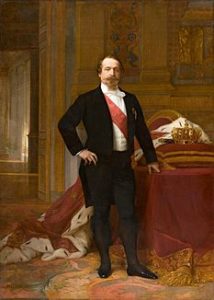
During the war, the Union cut off the supply of cotton to France, causing what was known as the cotton famine.
Mexico
Some Mexicans, indeed, wanted the French to use Confederate influence to create a gateway to Mexico. These Mexican conservatives thought the French would take care of the current liberal Mexican president. Supplies gifted from France to the Confederacy, arriving from overseas, traveled overland via Mexico and into Texas.
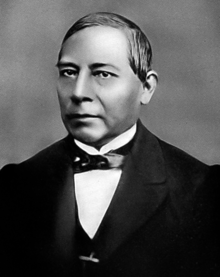
The Confederacy did initially want to build good relations with Mexico. Instead, they choose to work alongside Mexican warlords in the north of the country, nearer Texas.
Russia
At that time, relationships between the United States and Russia were relatively peaceful. Russia was the only country in Europe to offer assistance to the Union verbally.
This was because they felt aligning themselves with the Union would help them if they ever needed backing against Great Britain. The Russian Navy sent two fleets to American waters just in case Great Britain and France joined the war. They stayed there for seven months.
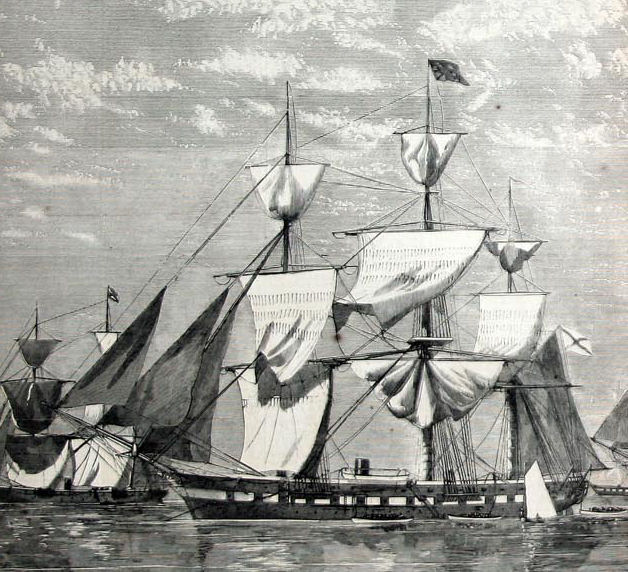
Meanwhile, a rebellion was brewing in Poland, which Russia managed to suppress. Afterward, the resistance leaders left Poland, and the Confederacy tried to persuade them to join their side, but failed.
Union and Russian cooperation, however, led to an attempt to build a telegraph line between Russian and America (Seattle, to be precise), by way of Canada, Alaska and Siberia. The plan was not a success, and the line was never operational.
The Netherlands
The Union was actively looking for places to send freed slaves who no longer wished to stay in the United States.
A top choice was the Netherlands. The Union was considering sending freed slaves to colonize in Suriname, which was Dutch owned at the time. However, the idea was never implemented.
